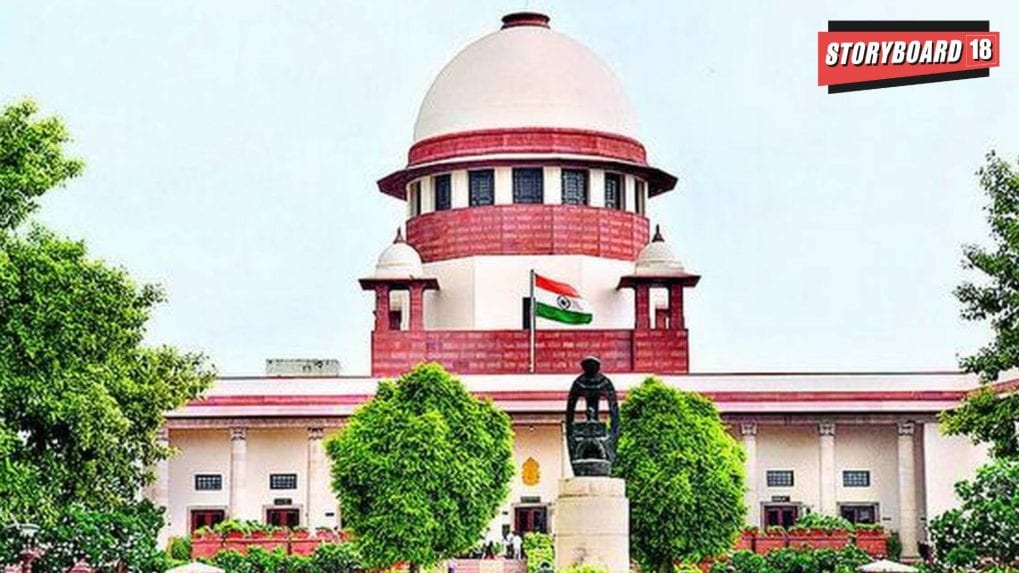How it Works
WPP, Havas, Omnicom: Are advertising’s biggest holdcos recasting agencies as AI Operating Systems?

The Indian real money gaming (RMG) industry has sharply criticised the Union government for what it calls a “complete U-turn” in its submissions before the Supreme Court in the ongoing Goods and Services Tax (GST) litigation, a case involving nearly ₹2.5 lakh crore in tax demands.
For years, the Centre had maintained in court that “betting and gambling” were subjects exclusively under the State List of the Constitution, limiting the Union’s power to legislate on such matters. This position aligned with long-standing judicial precedent and gave clarity that only state legislatures could regulate or prohibit games involving stakes.
However, in rejoinder submissions on September 1, Additional Solicitor General (ASG) N. Venkataraman stated "However, out of abundant caution, the Revenue submits that merely because betting and gambling could be regulated by the States under Entry 34 List II, whether online gaming played with stakes having a impact Pan India impact beyond the territorial boundaries of a State and beyond the national boundaries of India and whether the pith and substance of any Union Legislation regulating such a transaction was neither the subject matter of the High Court decisions nor the subject matter of dispute in the present batch of matters.”
Unlike its earlier stance, "The Department is really not concerned with whether the amendments brought out by the respective state governments are valid or not. However, the Department is aggrieved only to the extent that the above judgements have held that the expression ‘betting and gambling’ can only mean ‘betting on gambling’ i.e., ‘betting on games of chance’.”
The Centre now contends that online games have pan-India and even cross-border implications, making them unsuitable for state-level regulation.
Industry representatives say the government’s altered position is not only inconsistent but could undermine its own tax case. A senior lawyer noted, “The government’s U-turn could end up weakening its GST arguments. Earlier, the Union said betting and gambling fall within the State List, forming the very basis of the 28 percent GST demands. By now claiming the Union List applies, it risks being accused of flip-flopping for convenience.”
Legal experts argue the contradiction is stark. If the Court holds that online gaming is “betting and gambling,” then only states can legislate, making the Centre’s PROGA Act unconstitutional and raising questions about its power to enforce GST demands. Conversely, if online gaming is not betting and gambling, the GST authorities’ classification collapses — as their show-cause notices and tax demands hinge on that very definition.
Another lawyer working with a gaming federation went further, warning that the Centre’s arguments could undermine its own GST case, “If it is the case of the DGGI and Union Government that money games (whether skill or not) are covered under ‘betting and gambling’ — Entry 34 of the State List — then only State legislatures have the exclusive authority to make laws for their regulation or prohibition. The Union government can neither ban nor regulate such money games, as the Constitution has reserved this subject solely for the States. This stance would render the new PROGA Act unconstitutional. On the other hand, if money games are not covered under betting and gambling, then the whole case of the GST authorities falls flat.”
Experts warn that the inconsistency could erode judicial trust. “Courts place high value on consistency in government submissions. This flip-flop may push the judiciary to reaffirm that betting and gambling remain state subjects,” said a lawyer representing a gaming operator.
The “pith and substance” test, frequently used by courts, could also go against the Union. If online money games are found to be primarily skill-based or entertainment-driven, attempts to classify them as gambling may fail — further weakening the GST case.
“Just because an activity is conducted online doesn’t mean states lose their jurisdiction,” argued a senior lawyer. “The Union’s powers extend only to international gambling or Union Territories under Article 246(4). Anything beyond this oversteps constitutional boundaries.”
Legal experts cite that the sudden reversal of the government’s position risks creating an impression that its arguments are driven more by convenience than constitutional principle. The outcome of the litigation will not only determine the fate of pending GST demands but also set the framework for how India regulates and taxes its booming digital gaming economy.
From purpose-driven work and narrative-rich brand films to AI-enabled ideas and creator-led collaborations, the awards reflect the full spectrum of modern creativity.
Read MorePraveen Someshwar, Managing Director and CEO of Diageo India, joins the Grand Jury of the Storyboard18 Awards for Creativity, highlighting the awards’ focus on work that blends cultural relevance with strategic and commercial impact.